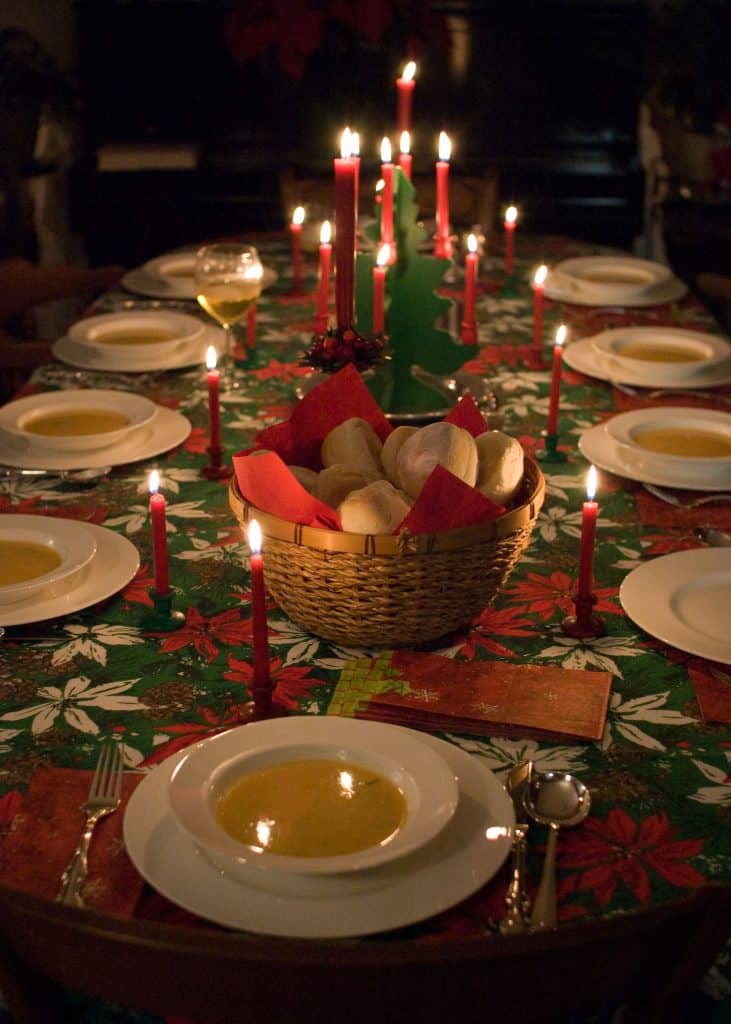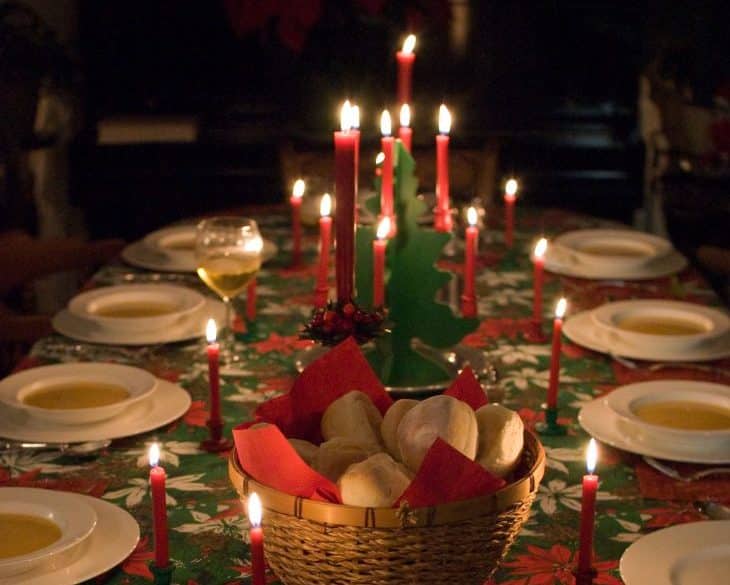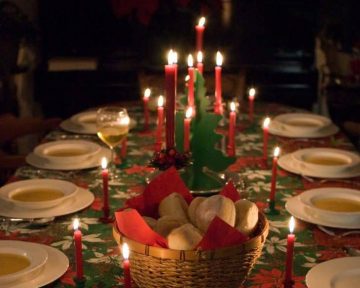When I was a baby, I traveled with my parents to a temple in a far-away place where were sealed as a family. I sat on the altar where my parents knelt, and someone put my tiny, chubby hand over their clasped hands for the ceremony.
In the order of heaven, promises matter. When God makes a promise, that promise is binding. If God lies, God ceases to be God.
In some traditions, babies are baptized. In ours, that notion is utterly rejected. A covenant must be entered into with eyes wide open for it to mean anything. Accountability is a prerequisite for covenant-making, not only in our faith but across human history.
So when I sat there in a little white dress, I didn’t make any promises that day. Our sealing was my parents’ gift, assuring me eternal parentage. I did nothing to receive it. Which means that this blessing is not contingent upon me. I cannot break it by happenstance. We are bound together. If my parents fulfill their part of the covenant, then I am covered by the terms of the covenant. If we are not together in the eternities, it will not be God’s doing.

When a child leaves the church, or makes life decisions that are not consistent with our ideas about celestial destiny, it can be hard to reconcile how they will be together with their eternal family. This time of year, our loved ones look around the dinner table and take a silent headcount, wondering how many seats will be empty hereafter.
It seems like a paradox. As human beings and as people of faith, we are accustomed to paradox. Believing in God has always required us to stretch our imaginations—to acknowledge the edges of our understanding. When faced with logical inconsistency, we return to our roots. The entirety of our theology must be built upon a correct understanding of the nature and character of God—A god who is very much in the business of making broken things whole. A god who is very, very good at making sad things beautiful again. A god who is creative and kind. Anything less is useless.
God makes covenants, and God does not lie.
Children are sealed to their parents.
The only empty seats in heaven will be of our own making.






2 Responses
A related thought regarding “representation” is having “a seat at the table – even when the person cannot sit at the table” (wheelchair replacing chair, crawler under the table, eloper already away from the table, etc.).
My theology has changed as I have thought about the implications of someone being “entitled to” a place at the table without the capacity to actually stay in their place at the table.”
I love this: “The entirety of our theology must be built upon a correct understanding of the nature and character of God—A god who is very much in the business of making broken things whole. A god who is very, very good at making sad things beautiful again. A god who is creative and kind. Anything less is useless.”